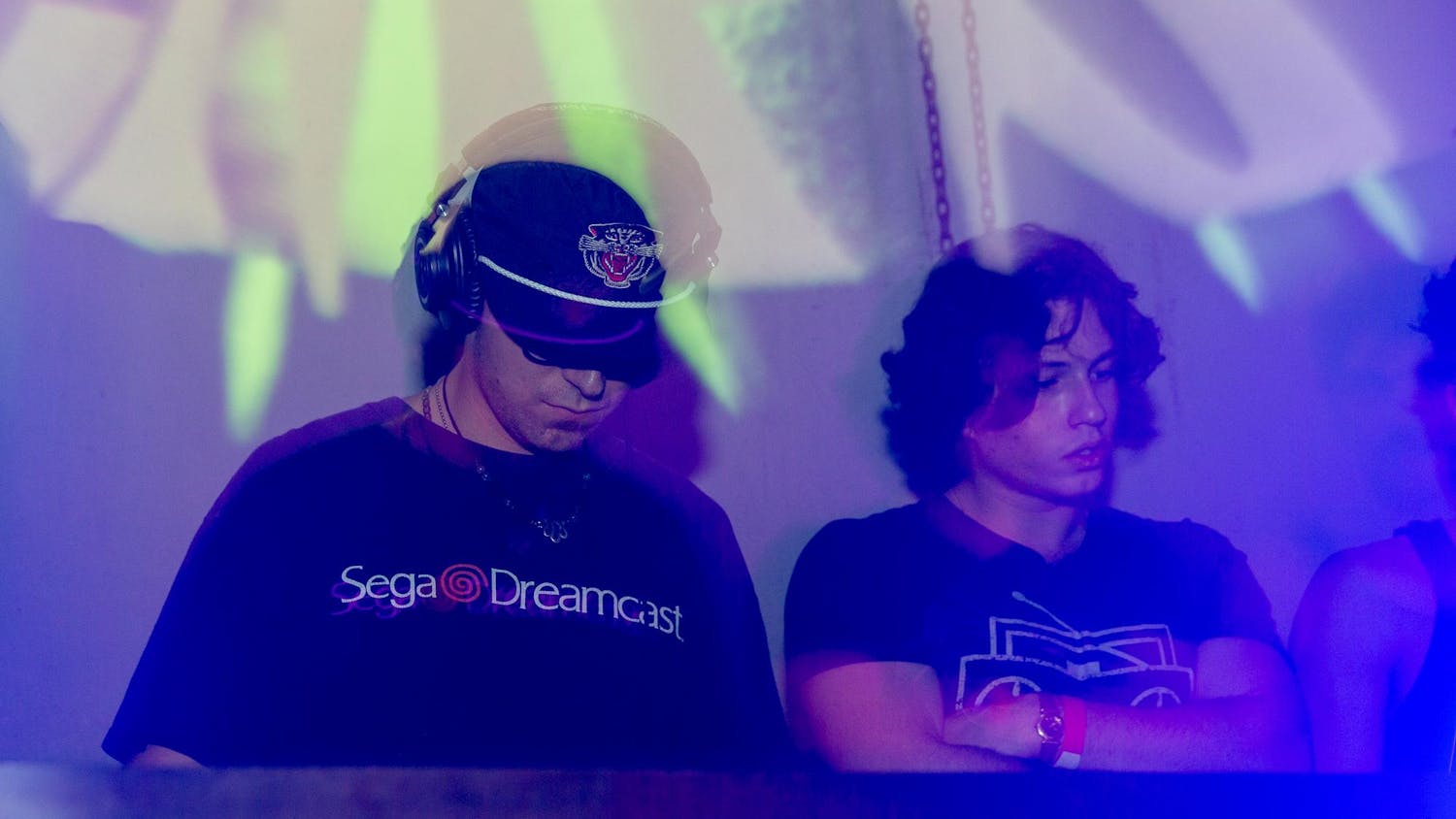When Nicki Minaj released the cover art for her new single, “Anaconda,” the world eagerly awaited the release of the accompanying music video.
Many wondered just how far she would push the envelope. If you have seen the video, you know she pushed it pretty far.
Minaj recently performed at the MTV Video Music Awards, and she has increasingly become a fixture of American popular culture. The feminist statements she makes through her brand seem very intentional.
Chuck Creekmur, CEO of AllHipHop.com, addressed an open letter to Minaj shortly after the infamous cover art was revealed.
Creekmur asked her to consider how young men who are “already conditioned to sexualize girls at a young age” would react to the image of her famous behind in a thong.
It is clear that Creekmur and several other commenters take offense to Nicki Minaj’s agency and choice of sexual expression.
But the issue is not with Minaj’s body. Even Creekmur states in his letter that “as a man,” he “can appreciate the virtues of (Nicki’s) perfect posterior.”
The issue is the need for men to objectify Minaj’s body under any and all circumstances.
When women decide to own their bodies and are sexy because they want to be, the complaints and disapproval run rampant.
But more often than not in American culture — especially in hip-hop culture — these same grievances are not heard when women engage in these same behaviors for the gratification of men.
Hip-hop music videos, especially those in which men are the main performers, frequently use the female body as an object to liven up the act.
For example, Robin Thicke’s “Blurred Lines” peaked at No. 1 in fourteen countries, including the U.S. The explicit music video included completely topless women parading around for the enjoyment of Thicke and featured artists T.I. and Pharrell.
Nicki Minaj, a powerful and independent woman in her own right, has stormed the traditionally male-dominated industry that is hip-hop.
With her overtly sexual lyrics and provocative dance moves, she challenges all conventions that say that women should be appealing only for the enjoyment of the male gaze.
Instead, Minaj is sexy for herself alone. Minaj’s independence and control over her own body is evident in the “Anaconda” music video.
Drake, a well-known rapper, is used as a prop. He is present merely as an object for Minaj to twerk on.
The second he gets too handsy for her liking, she swats his hand away and leaves him to sit in an empty room and think about what he has done.
She denies him access to her body because it is her right to do so.
This is what feminism is about — women being allowed to make their own decisions without anyone else staking some unearned claims to their bodies.
When Nicki Minaj shakes her butt on stage and does 180-degree leg raises, she is sending the message that the only person who determines how sexual Nicki Minaj is allowed to be is herself.
Not concerned parents, not people who think that modesty constitutes self-respect, not people who believe a woman should only be sexy in the bedroom for her partner — only herself.
While some people may have qualms with the ways in which Minaj express herself, her extravagant and explicit actions drive home the point that no one can tell any woman what to do with her own body.
These actions make Nicki Minaj very important to the feminist movement. Her ability to be a woman and her refusal to apologize for it make her one of the feminist movement’s major power players.
TehQuin Forbes is a UF sociology junior. His columns usually appear on Mondays.
[A version of this story ran on page 6 on 9/3/2014 under the headline "Nicki Minaj: different kind of feminist"]





